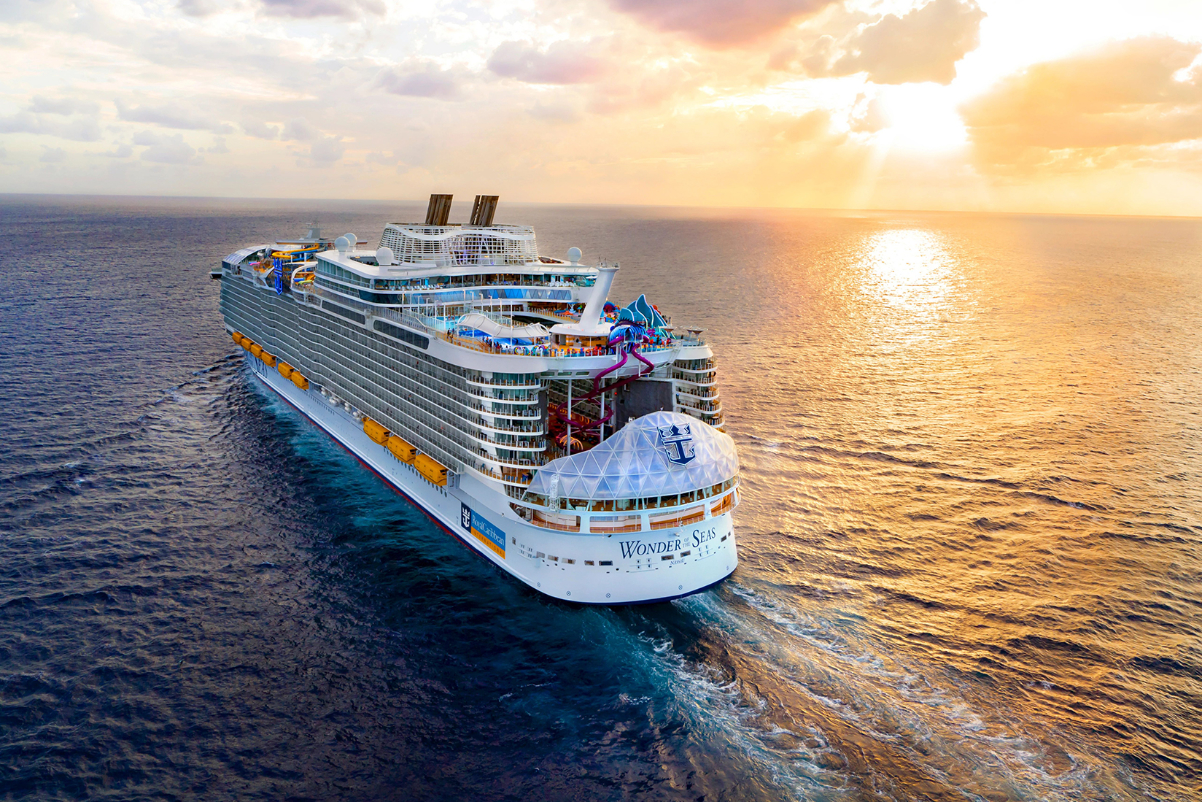Royal Caribbean: Higher Cruise Pricing, New Customers and AI Strategy

Skift Take
Royal Caribbean Group said Tuesday that vacationers are spending more on its cruises and that it expects higher pricing in 2025. Executives discussing third-quarter results also said the majority of customers are new to cruises or their brands, and they discussed using AI to set prices and plans for a new private destination in Mexico.
"Third quarter results exceeded our expectations due to strong close-in demand and at higher prices on all of our key itineraries, coupled with continued strength in onboard revenue," said Royal Caribbean CEO and president Jason Liberty.
A key metric for interpreting cruise operator profitability is net yield — the money remaining per available passenger cruise day after variable expenses, such as commissions to travel agents.
Royal Caribbean forecasted that its net yield would rise about 5% year-over-year in the fourth quarter. The figure represented strong pricing power but also showed a cool down in a post-pandemic surge in travel spending. Last year, the operator saw a roughly 18% jump in net yield compared with 2019.

